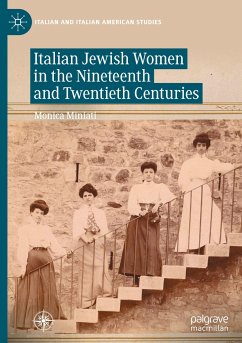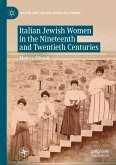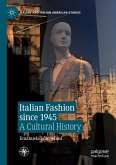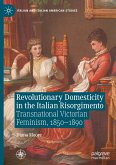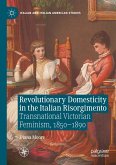This book investigates one of the major issues that runs through the history of Italian Judaism in the aftermath of emancipation: the correlation between integration, seen as the acquisition of citizenship and culture without renouncing Jewish identity, and assimilation, intended as an open refusal of Judaism of any participation in the community. On account of that correlation, identity has become one of the crucial problems in the history of the Italian Jewish community. This volume aims to discuss the setting of construction and formation--the family-- and focuses on women's experiences, specifically. Indeed, women were called through emancipation to ensure the continuity of Jewish religious and cultural heritage. It speaks to the growing interest for Women's and Gender Studies in Italy, and for the research on women's organizations which testify to the strong presence of Jewish women in the emancipation movement. These women formed a sisterhood that fought to obtain rights that were until then only accorded to men, and they were deeply socially engaged in such a way that was crucial to the overall process of the integration of Jews into Italian society.
"We find hereby the heart of Miniati's reasoning and work, according to which Jewish emancipation and female emancipation had eventually the same purpose. For such reasons, in a certain sense Italian Jewish women disregarded the expectations of the Jewish community, which did not see these two paths as intertwined ... . Therefore, such an analysis is very useful to understand the will and ability of Italian Jewry to renew itself in the face of changing times between the nineteenth and twentieth centuries" (Stefania Ragaù, Annali d'italianistica, Vol. 40, 2022)

